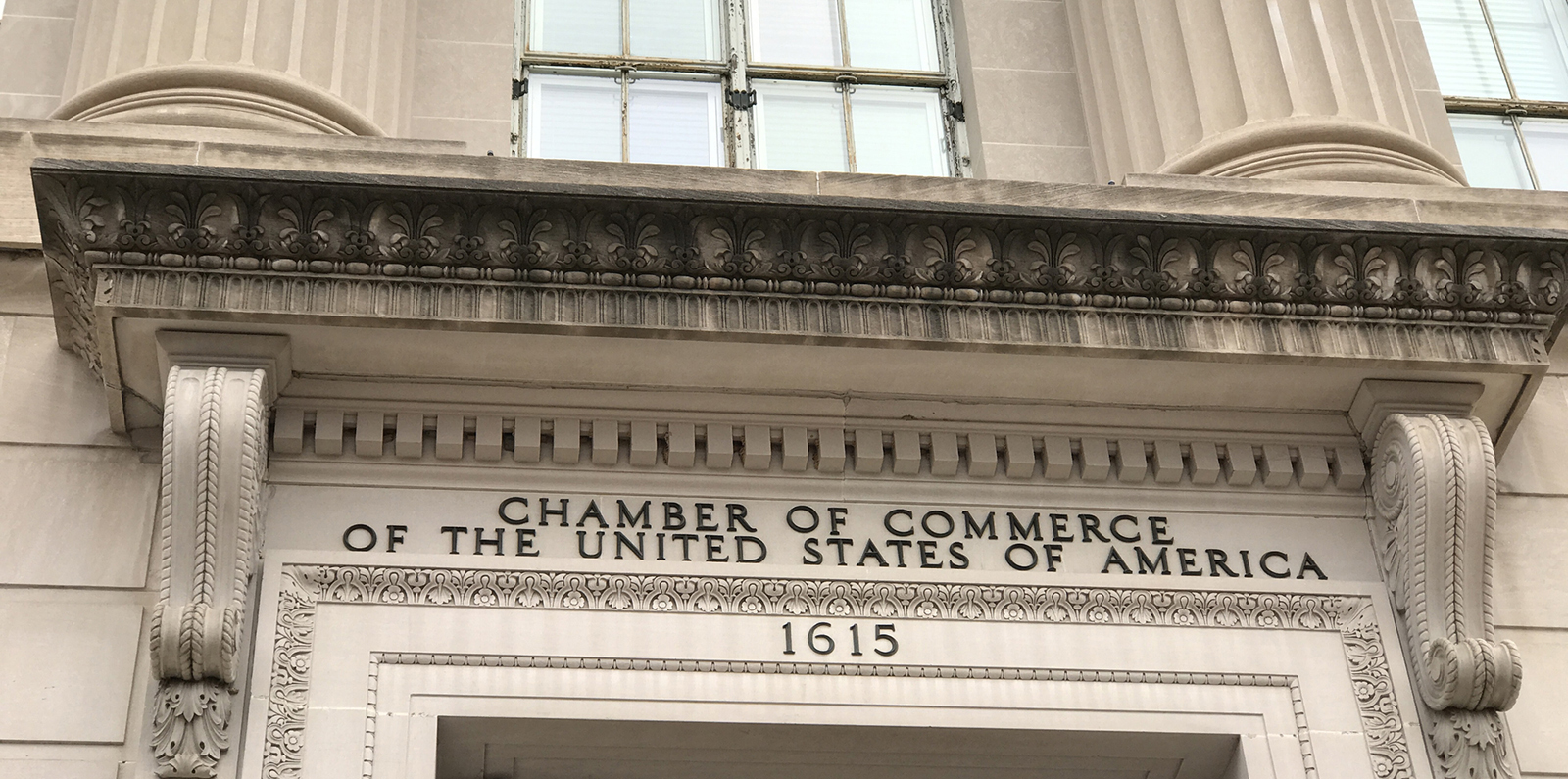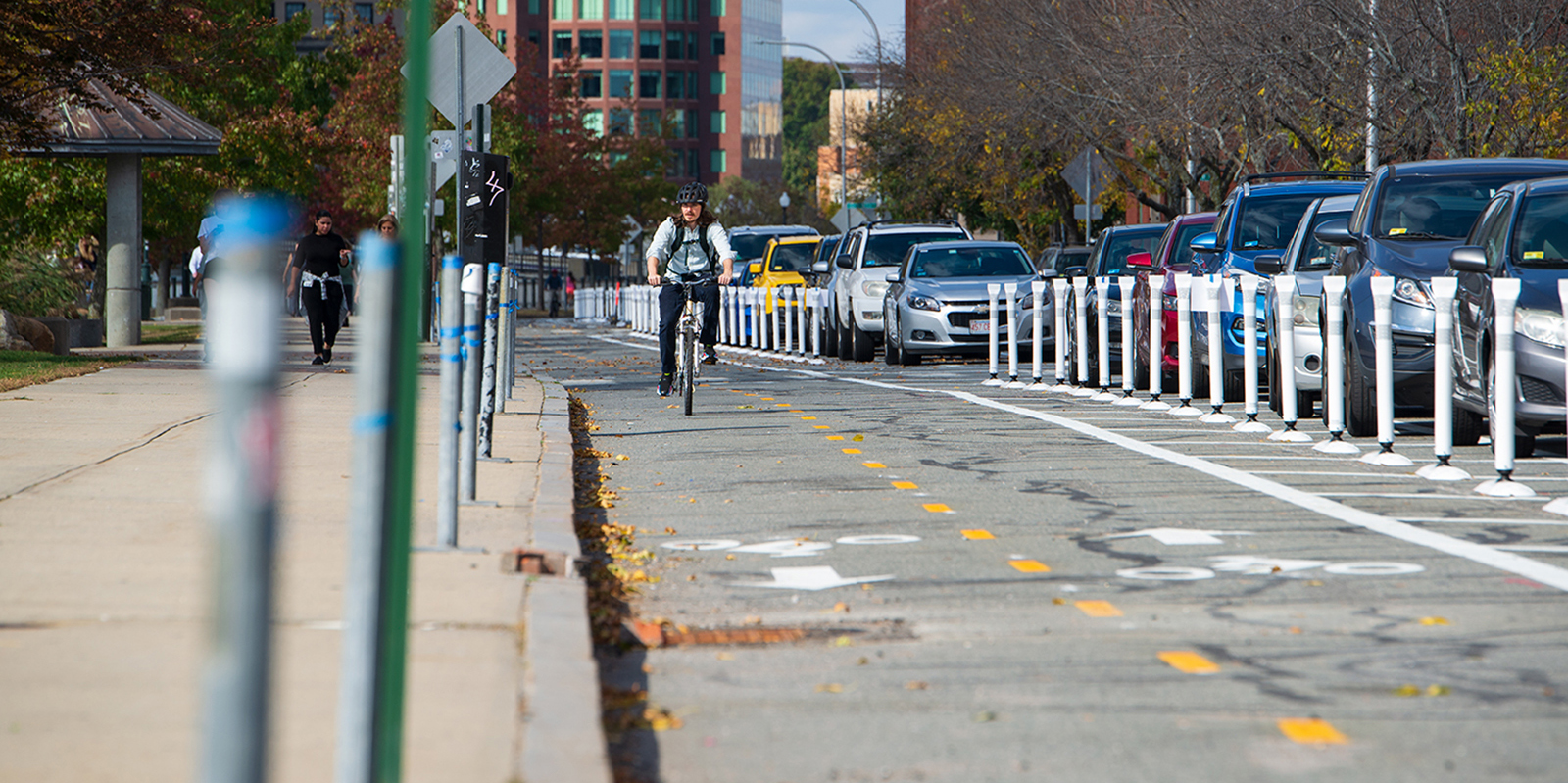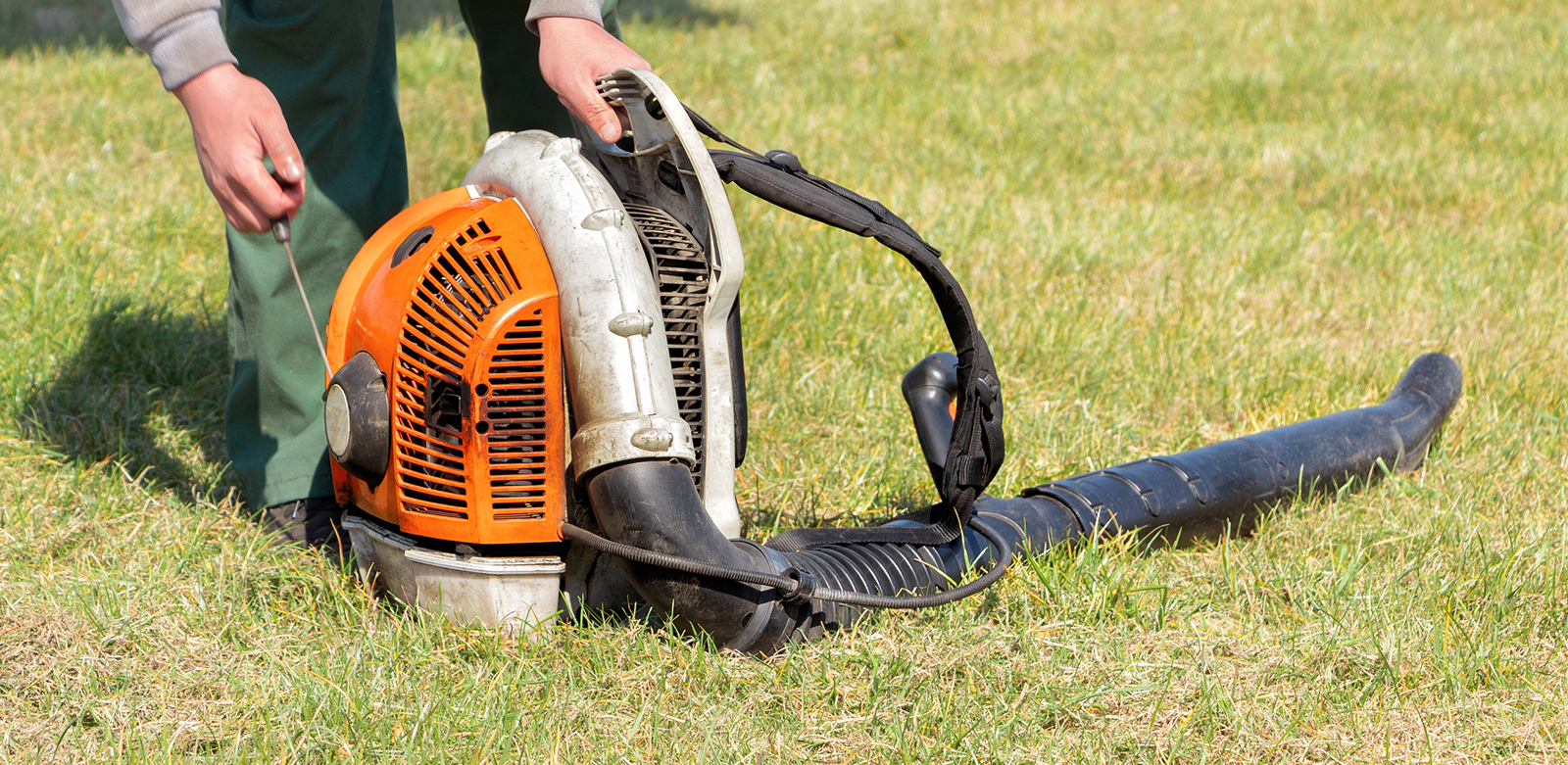Give It a Try: Individual Actions Can Add Up to Climate-Changing Movement
July 27, 2023
Despite words of abdication from a former Rhode Island speaker of the House (“there’s nothing Rhode Island can do to address climate change in a way that is real or impactful”) and from one of the richest people on the planet (it’s not realistic to expect climate change can be addressed by personal choices or living an “impoverished lifestyle”), individual actions can make a difference when it comes to mitigating the climate crisis and protecting the environment.
While this space is usually reserved for doom, gloom, and the collective failures of the human race to address the climate emergency in any meaningful way or treat the natural world with respect, there is some hope. It begins with you, which turns into us.
The following, in alphabetical order, are things we can do — some are easy, some are difficult, some are expensive, and most save money — to make a difference for us, future generations, and the rest of life on this planet:
Composting/compost. The environmental benefits of this practice and the nutrient-rich product produced are overwhelming. The Environmental Protection Agency provides a healthy list. Reduces the amount of methane, a powerful greenhouse gas, produced in landfills. Reduces and in some cases eliminates the need for chemical fertilizers. Promotes higher yields of crops. Helps aid reforestation, wetlands restoration, and habitat revitalization efforts by improving contaminated, compacted, and depleted soils. Enhances water retention in soils, which prevents/reduces erosion and reduces runoff. Home composting allows gardeners to capture organic waste — food scrap and leaves, plus newspaper and cardboard — and turn it into a soil amendment.
Cut food waste. When you throw food away or let it go bad (about 40% of all U.S. food ends up in landfills), you are wasting the resources and energy that were used to grow, produce, package, and transport it — 10% of the nation’s total energy budget, 50% of its land, and 80% of all freshwater consumption is dedicated to the production and distribution of food. And when food rots in a landfill, it produces methane, a potent greenhouse gas. For every million metric tons of organic waste that decompose, 469 metric tons of carbon dioxide equivalent in the form of methane are released. Cutting your food waste can reduce your carbon footprint by some 650 pounds of CO2 equivalent annually.
Divest. If you are fortunate enough to have investments or a pension, try to separate them from exposure to fossil fuels and increase your investments in reputable renewable energy companies. Politely ask your university, your company, your organization, or your employer to consider ending their investments in fossil fuel companies.
Eat well and local. Eating more vegetables, fruits, whole grains, and legumes and less meat and dairy can significantly lower your environmental impact. Producing plant-based foods generally results in fewer greenhouse gas emissions and requires less energy, land, and water. Switching to a vegetarian diet can reduce your carbon footprint by up to 1,100 pounds of carbon dioxide equivalent annually; a vegan diet up to 2,000 pounds of CO2 equivalent. Eating local food can be more expensive (thanks largely to subsidies provided to Big Ag) and the options are limited depending on the season, but locally grown/produced food reduces “food miles” — the distance food travels from grower/producer to consumer — is fresher, and supports local farmers and the local economy. Avoid factory-farmed meats, as these inhumane facilities — called a concentrated animal feeding operation (CAFO) — contribute to air pollution by releasing ammonia, carbon dioxide, hydrogen sulfide, methane, and nitrous oxide. They are also incubators for the next pandemic. Avoid foods that are heavily processed. The global industrial food system and the rapid rise of ultra-processed foods it helped create is severely impairing biodiversity, according to a study published last year. They’re also bad for your health.
Footwork. Walking or riding a bicycle instead of driving significantly reduces greenhouse gas emissions. Every gallon of gasoline you save avoids 22 pounds of CO2 emissions. It’s also good for your health.
Go native. Plant native vegetation, including trees, to attract pollinators and provide wildlife habitat. A single tree will absorb a ton of carbon dioxide over its lifetime. “Restoring native plant habitat is vital to preserving biodiversity. By creating a native plant garden, each patch of habitat becomes part of a collective effort to nurture and sustain the living landscape for birds and other animals,” according to the National Audubon Society.
Grass clipping. Replace your lawn with native plants, shrubs, and trees. There are an estimated 40 million to 50 million acres of lawn in the continental United States — nearly as much as all of the country’s national parks combined. Maintaining this monolithic landscape consumes about 3 trillion gallons of water and some 60 million pounds of pesticides annually, according to the EPA. Federal data show that in 2020, Americans used about 3 billion gallons of gasoline to run lawn and garden equipment — the equivalent of adding some 6 million cars to our roadways.
Public transit. Southern New England’s roadways are clogged with vehicles, most of them burning gasoline or diesel. Carbon dioxide makes up 95% of all transportation-related greenhouse gas emissions. Cars, SUVs, and pickup trucks running on gasoline or diesel account for about two-thirds of transportation-related emissions, ranking transportation as the second-largest source of total U.S. greenhouse gas emissions. Living car-free can reduce your carbon footprint by up to 2 tons of carbon dioxide annually. “Switching to riding public transportation is one of the most effective actions individuals can take to reduce their carbon footprint,” according to the U.S. Department of Transportation. Of course, public transit needs to be better supported by the region’s lawmakers.
Rain barrels. Collecting roof runoff in rain barrels reduces the amount of water that flows from your property, helping to reduce neighborhood flooding. They are also a great way to conserve free water for use on inedible gardens, trees, shrubs, and indoor plants. Save and use the collected rainfall for watering during drought conditions.
Reduce, Reuse & Repair. Electronics, clothes, and other items we buy cause carbon emissions at each point in production, from the extraction of raw materials to manufacturing to transporting goods to market. To protect the environment and reduce climate emissions, buy fewer things, shop secondhand, and repair what you can (take your worn shoes to a cobbler). Every pound of textiles produced generates about 37 pounds of carbon dioxide equivalent. Buying fewer new clothes, not buying the latest electronic gadget when it’s unveiled, not replacing a perfectly good phone for the latest version, and reducing your overall consumption can reduce your carbon footprint and cut down on waste.
Reduce plastic use. Find alternatives to plastic whenever possible. It takes 450 or more years for these petroleum-based materials to decompose. More than 400 million tons of plastic are produced annually worldwide, half of which is designed to be used only once. Of that, less than 10% is recycled. Some 11 million tons of plastic waste flows every year into the world’s oceans. This amount could triple by 2040, according to the United Nations. Less plastic also means less carbon dioxide is emitted into the atmosphere, and fewer animals are injured, poisoned, or killed.
Save energy. Much of the heat used in homes is powered by methane (natural gas) or oil. Use less energy by lowering your heating (and cooling), buying energy-efficient appliances, switching (gasp!) to an electric stove, washing your laundry with cold water, hanging things to dry instead of using a dryer, and turning off lights, TVs, and the modem when not in use. Better insulate your home. Replacing your oil or gas furnace with an electric heat pump can reduce your carbon footprint by about 2,000 pounds of carbon dioxide emissions annually. Install rooftop solar panels.
Speak up. Talk to family, friends, neighbors, and colleagues about reducing their greenhouse gas emissions and taking steps to protect the environment. Appeal to local and state officials to act on the climate crisis.
Travel by plane less or not at all. Airplanes burn large amounts of fossil fuels, producing significant greenhouse gas emissions. That makes taking fewer/no flights one of the fastest ways to reduce your environmental impact. Also, don’t fly on private jets — in terms of climate emissions per passenger mile flown, they are the worst — or be a space tourist.
Vote. Support candidates who take the climate crisis and environmental protections seriously and who want to address climate/social injustices. If we don’t address these issues with urgency, then nothing else really matters.
Weatherize. According to the U.S. Department of Energy, 25% to 30% of household heating and cooling is lost through windows. Use weatherstripping to insulate windows and install a sweep to the bottom of exterior doors.
Neither billionaires, the free market, carbon-capture fantasies, or some magical technological breakthrough are going to solve the climate crisis and our never-ending assault on the natural world. It’s about changing behaviors and attitudes. It starts at home. It starts with you.
To hear Nicholas Mattiello’s ignorant climate statement made to the Boston Globe three years ago, click here. To read the thoughts of out-of-touch billionaire Bill Gates about mitigating the climate crisis, click here.
Frank Carini can be reached at [email protected]. His opinions don’t reflect those of ecoRI News.




As much as individual action is useful, societal and governmental actions will have a MUCH bigger impact. No matter what we do as indivviduals as long as we keep allowing folks to drill for oil and gas and mine coal we are in super hot water
Thanks Frank for yet another highly useful summary of actions anyone can take today.
Taking individual actions is critical and does make a difference. It provides citizens with knowledge, know how, and experience to make meaningful differences in their own lives, family lives, and in their own communities. If we wait for local and national lawmakers to make change, it will be much harder to fix the dire situation we all face. The sooner people realize we are all interconnected and take individual responsibility to make change happen, the less drastic will be the counter measures needed to course correct climate change.
The Mattiello comments discourage personal responsibility and border on hopelessness! It was shocking at the time and more so in retrospect. I wonder if he has any idea that huge numbers of us habitually take many of the actions on your list. (Not to mention we wouldn’t want you to omit ALL the doom and gloom from the weekly Frank Take.)